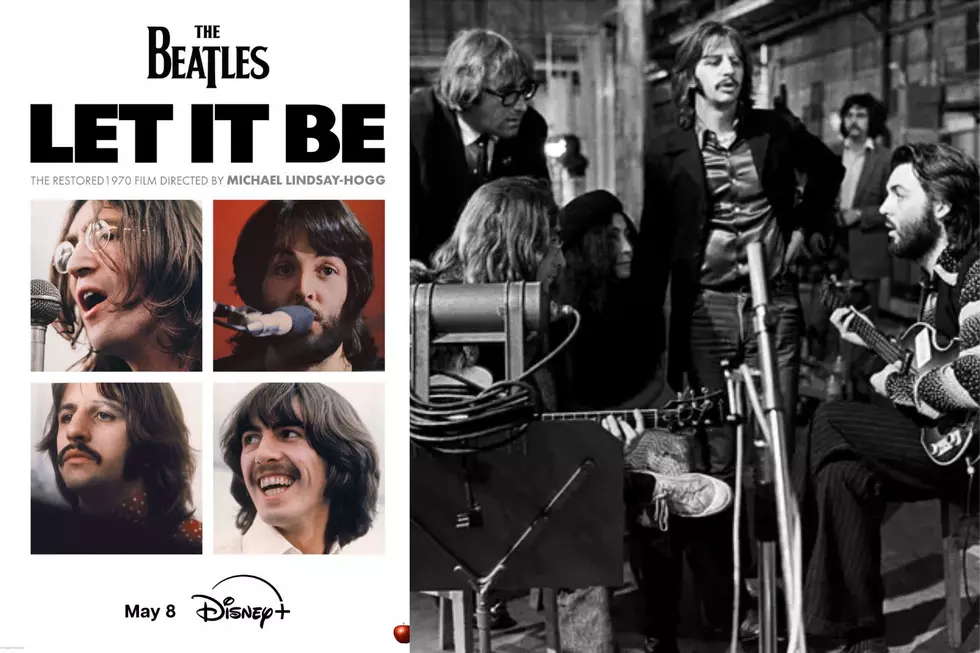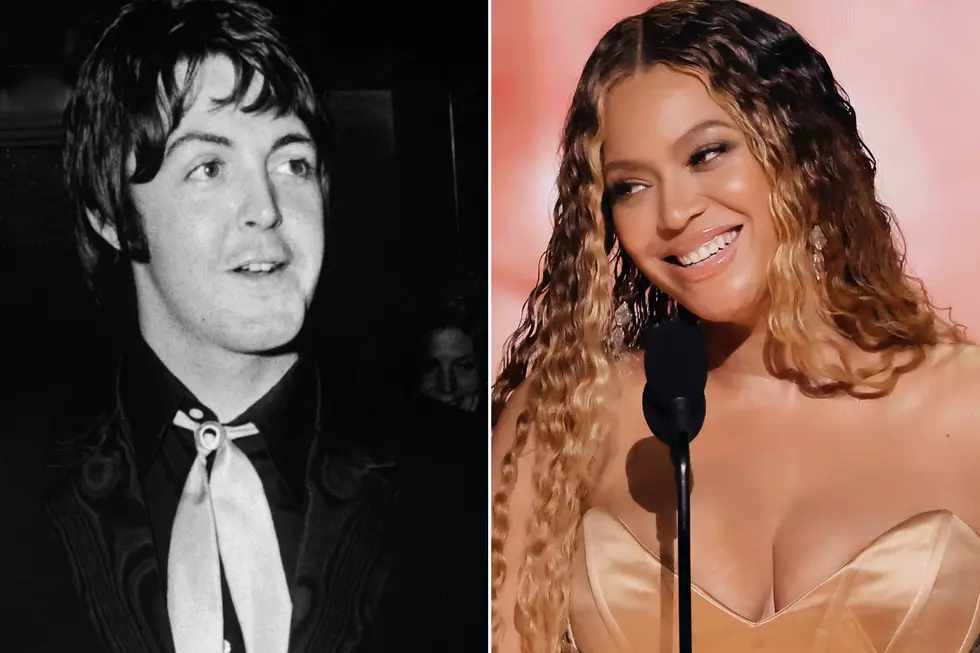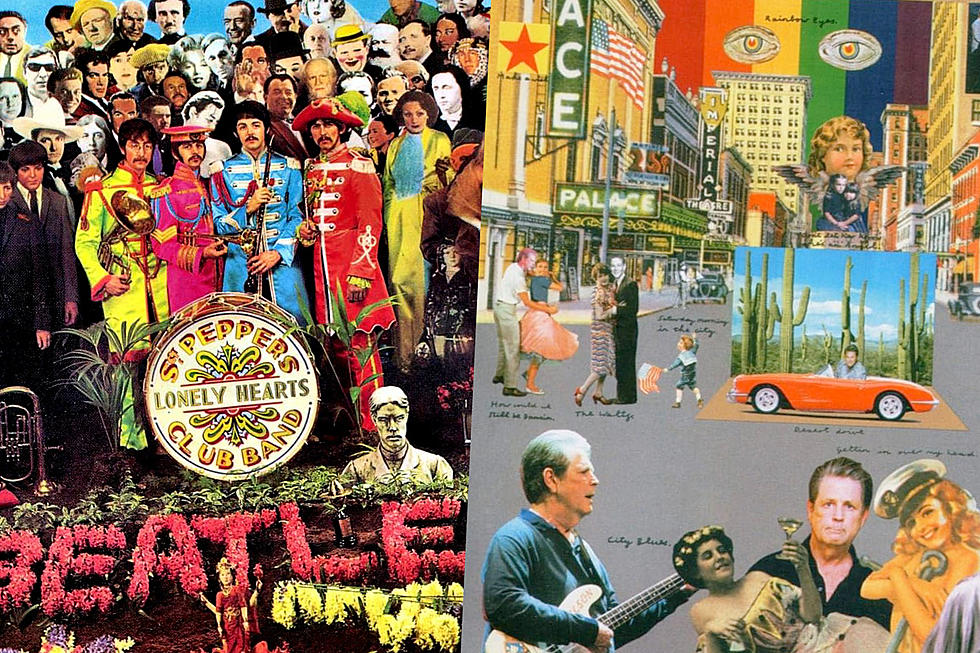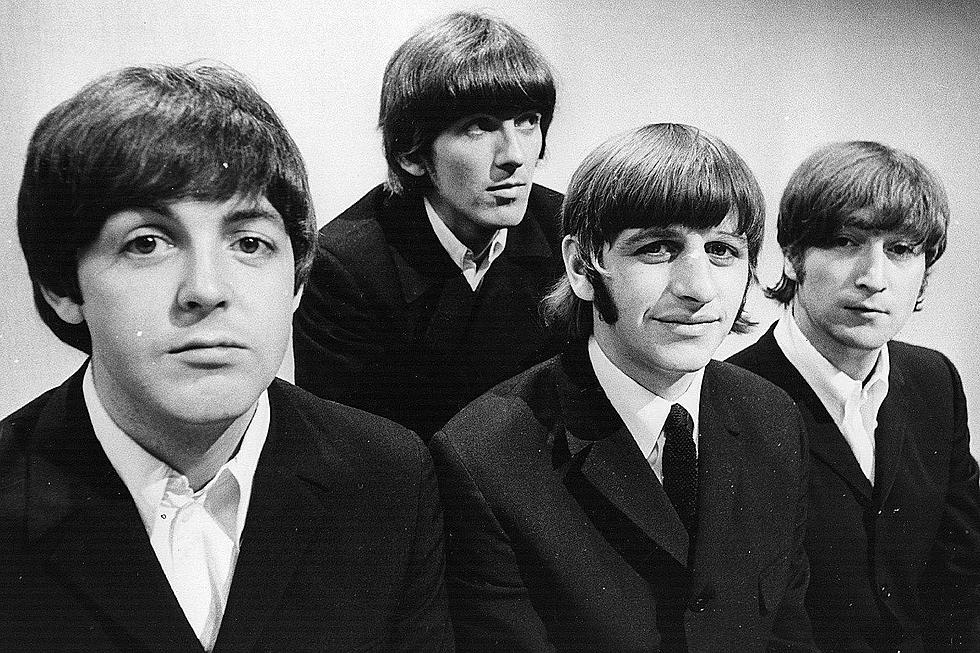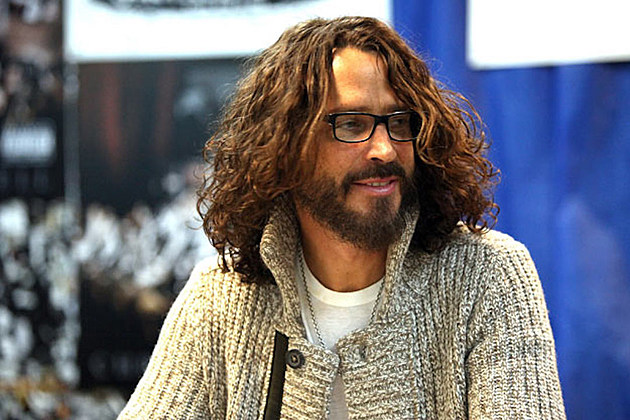
How Soundgarden’s Fearlessness was Inspired by the Beatles: Exclusive Chris Cornell Interview
Turns out, you can go home again. After a decade of diversions, including time with Audioslave and a solo album produced by Timbaland (?!?), Chris Cornell returned to Soundgarden, the grunge megaband that made him a superstar.
We caught up with the frontman (and surprisingly great guitar player) to discuss the seeds of that long-hoped-for homecoming, the lasting influence of the Beatles and how Jimi Hendrix might have fared on conservative modern-day radio playlists.
Why now for Soundgarden?
We sort of got together in an effort to start a website, talk about reissues and B-sides and just create a place for our fans to buy some t-shits. Stuff that we never got around to when we were together. Well you do that, and suddenly your a band again. Then at that point you start thinking, “It'd be cool to play again.”
Your success had to shock you? You started out as this cool, unique punk/metal band playing for 50 people in dank bars and then became one of the biggest bands in the world? And now your back playing for 10,000-strong crowds. Odd ride, right?
I don't think we felt our audience would ever be that big, like it would impossible for us to get that big. Back when we began punk rock hadn't broken through. Billy Idol didn't count. The Police and Talking Heads squeaked through, but most of the bands that did make it through did it on the music industry's terms.
Then you and your fellow Seattle bands hit and change the whole industry.
Yeah, I remember with Nirvana, they thought 200,000 [in album sales] was going to be a huge success. That was their benchmark, 200,000. We all surpassed that so quickly.
What were you listening to as a kid that emboldened you to write these against-the-grain songs?
For one, the Beatles. Even at age nine, they had a big impression on me, and later on my writing, without me realizing it. The Beatles did whatever they wanted. This is a band that did “Helter Skelter," "Yesterday" and "Penny Lane." No one said, “Hey, they can't do that!”
Are you bummed that mainstream music has mostly returned to the conservative format of the '80s?
Think about Jimi Hendrix's Smash Hits. This is an album by Jimi Hendrix and it's even called Smash Hits. But if it came out today it wouldn't be played on the radio. That's weird to me. It's odd that an album that came out in 1967 would be too strange for radio play in 2011.
So is there hope for rock 'n' roll or are the great bands of today doomed to underground status?
Radio and TV can still push a band, but things need to be shaken up. There is the internet, but mostly what I see there is little kids on YouTube playing music. They're great at what they do, but they're little kids. It needs to go beyond YouTube for a real shake up to happen.
Right before this Soundgarden tour you wrapped up a “songbook” tour playing solo tunes along with cuts from three bands you've fronted including Temple of the Dog. Doing these song acoustic, did you discover anything new about you as a writer?
I don't know, but I could see my evolution as a songwriter. But if I had an epiphany it was, “Oh, this is cool, I should have done it (with this arrangement) all along.”
Why acoustic? What's so appealing about it?
Years ago, someone asked Soundgarden to do a version of "Like Suicide" for a film. Rather than Soundgarden do an acoustic version, I just did one at home with a couple of guitars. You realize that songs can be completely different acoustic. On that tune, as a guitar player, I played completely different things.
So, the key is not playing a song acoustic but giving it an entirely new arrangement?
Yeah, too many acoustic things are, “Hey he's playing the songs exactly the same just with a cheap acoustic guitar.” It shouldn't be that. Some of those MTV Unplugged and VH1 Storytellers things are great, but some are just a band plugging in acoustic guitars and playing what they always play. I was never interested in that.
Soundgarden Albums Ranked in Order of Awesomeness
More From Ultimate Classic Rock
